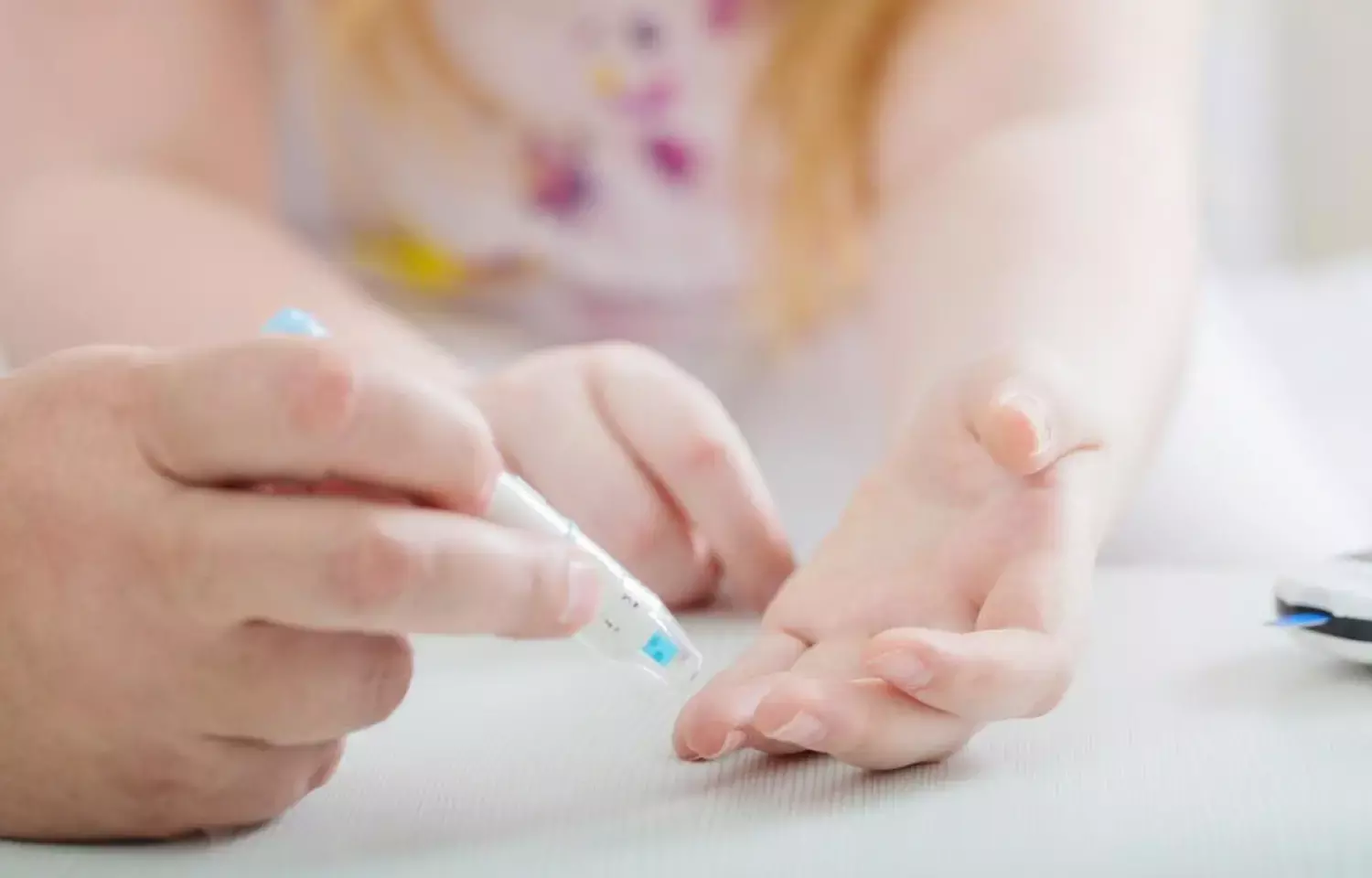- Home
- Medical news & Guidelines
- Anesthesiology
- Cardiology and CTVS
- Critical Care
- Dentistry
- Dermatology
- Diabetes and Endocrinology
- ENT
- Gastroenterology
- Medicine
- Nephrology
- Neurology
- Obstretics-Gynaecology
- Oncology
- Ophthalmology
- Orthopaedics
- Pediatrics-Neonatology
- Psychiatry
- Pulmonology
- Radiology
- Surgery
- Urology
- Laboratory Medicine
- Diet
- Nursing
- Paramedical
- Physiotherapy
- Health news
- Fact Check
- Bone Health Fact Check
- Brain Health Fact Check
- Cancer Related Fact Check
- Child Care Fact Check
- Dental and oral health fact check
- Diabetes and metabolic health fact check
- Diet and Nutrition Fact Check
- Eye and ENT Care Fact Check
- Fitness fact check
- Gut health fact check
- Heart health fact check
- Kidney health fact check
- Medical education fact check
- Men's health fact check
- Respiratory fact check
- Skin and hair care fact check
- Vaccine and Immunization fact check
- Women's health fact check
- AYUSH
- State News
- Andaman and Nicobar Islands
- Andhra Pradesh
- Arunachal Pradesh
- Assam
- Bihar
- Chandigarh
- Chattisgarh
- Dadra and Nagar Haveli
- Daman and Diu
- Delhi
- Goa
- Gujarat
- Haryana
- Himachal Pradesh
- Jammu & Kashmir
- Jharkhand
- Karnataka
- Kerala
- Ladakh
- Lakshadweep
- Madhya Pradesh
- Maharashtra
- Manipur
- Meghalaya
- Mizoram
- Nagaland
- Odisha
- Puducherry
- Punjab
- Rajasthan
- Sikkim
- Tamil Nadu
- Telangana
- Tripura
- Uttar Pradesh
- Uttrakhand
- West Bengal
- Medical Education
- Industry
Blood sugar levels indicative of β-cell dysfunction in patients with type 2 diabetes: Study

USA: Blood sugar levels in adults with type 2 diabetes (T2D) treated with metformin alone, is strongly associated β-cell dysfunction, finds a recent study in the Journal of Diabetes and its Complications. This implies that efforts for glycemia improvement should focus on interventions to improve β-cell function.
Kristina M. Utzschneidera, University of Washington, Seattle, WA, USA, and colleagues aimed to evaluate the relationship between measures of glycemia with β-cell function and insulin sensitivity in adults with early type 2 diabetes.
For the purpose, the researchers assessed baseline data from 3108 adults with T2DM <10 years treated with metformin alone enrolled in the Glycemia Reduction Approaches in Diabetes.
A Comparative Effectiveness (GRADE) Study -- Using oral glucose tolerance tests, insulin and C-peptide responses and insulin sensitivity were calculated. Regression models evaluated the relationships between glycemic measures (HbA1c, fasting and 2-h glucose), measures of β-cell function and insulin sensitivity.
Key findings of the study include:
- Insulin and C-peptide responses were inversely associated with insulin sensitivity.
- Glycemic measures were inversely associated with insulin and C-peptide responses adjusted for insulin sensitivity.
- HbA1c demonstrated modest associations with β-cell function (range: r − 0.22 to −0.35).
- Fasting and 2-h glucose were associated with early insulin and C-peptide responses (range: r − 0.37 to −0.40) as well as late insulin and total insulin and C-peptide responses (range: r − 0.50 to −0.60).
"Glycemia correlates more strongly with β-cell dysfunction than insulin resistance," wrote the authors.
"Glycemia is strongly associated with β-cell dysfunction in adults with early T2DM treated with metformin alone," they concluded. "Efforts to improve glycemia should focus on interventions aimed at improving β-cell function."
Reference:
The study titled, "Association of glycemia with insulin sensitivity and β-cell function in adults with early type 2 diabetes on metformin alone," is published in the Journal of Diabetes and its Complications.
DOI: https://www.sciencedirect.com/science/article/abs/pii/S1056872721000866
Dr Kamal Kant Kohli-MBBS, DTCD- a chest specialist with more than 30 years of practice and a flair for writing clinical articles, Dr Kamal Kant Kohli joined Medical Dialogues as a Chief Editor of Medical News. Besides writing articles, as an editor, he proofreads and verifies all the medical content published on Medical Dialogues including those coming from journals, studies,medical conferences,guidelines etc. Email: drkohli@medicaldialogues.in. Contact no. 011-43720751


